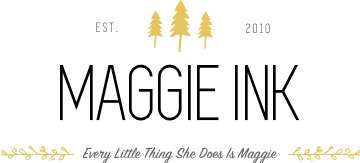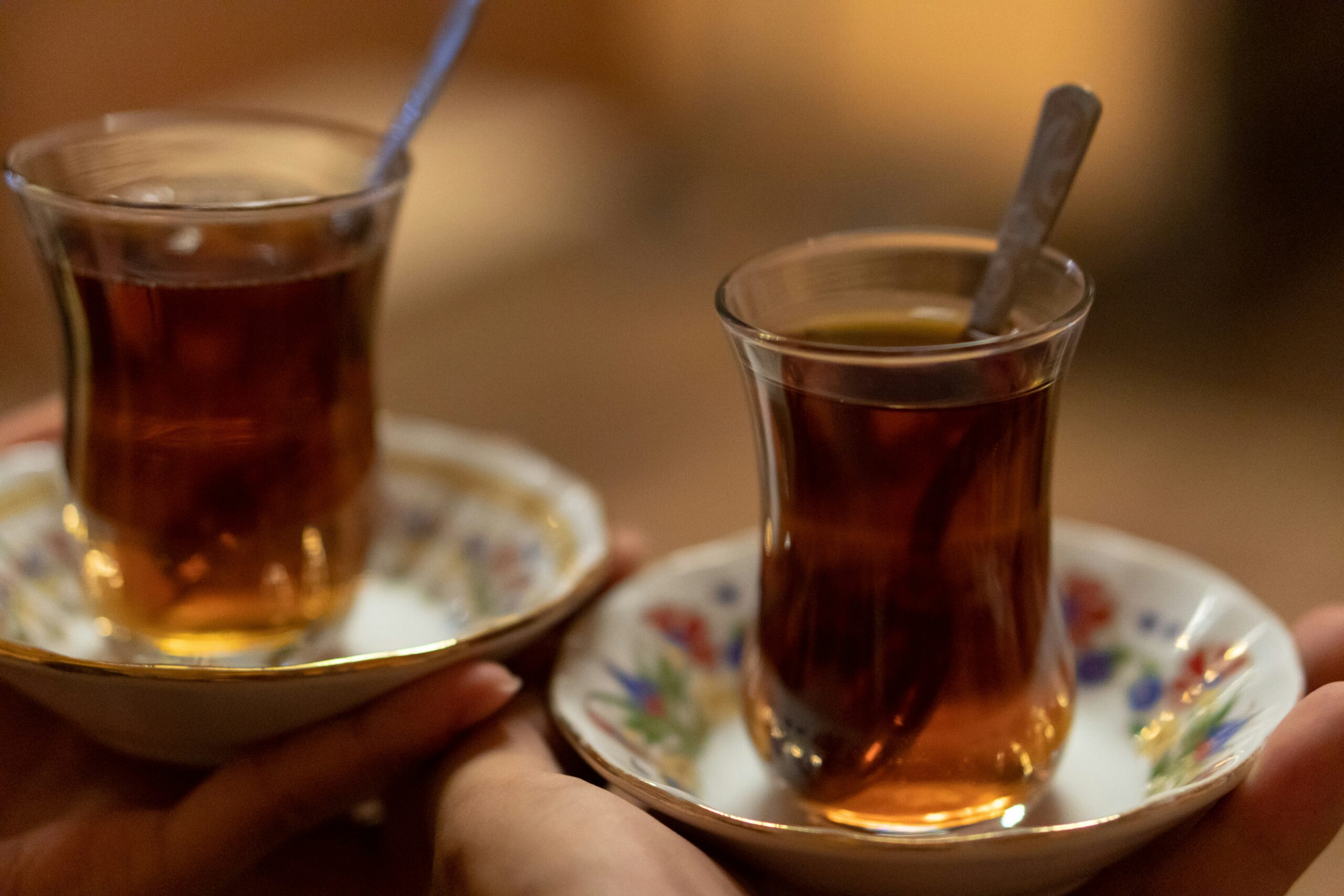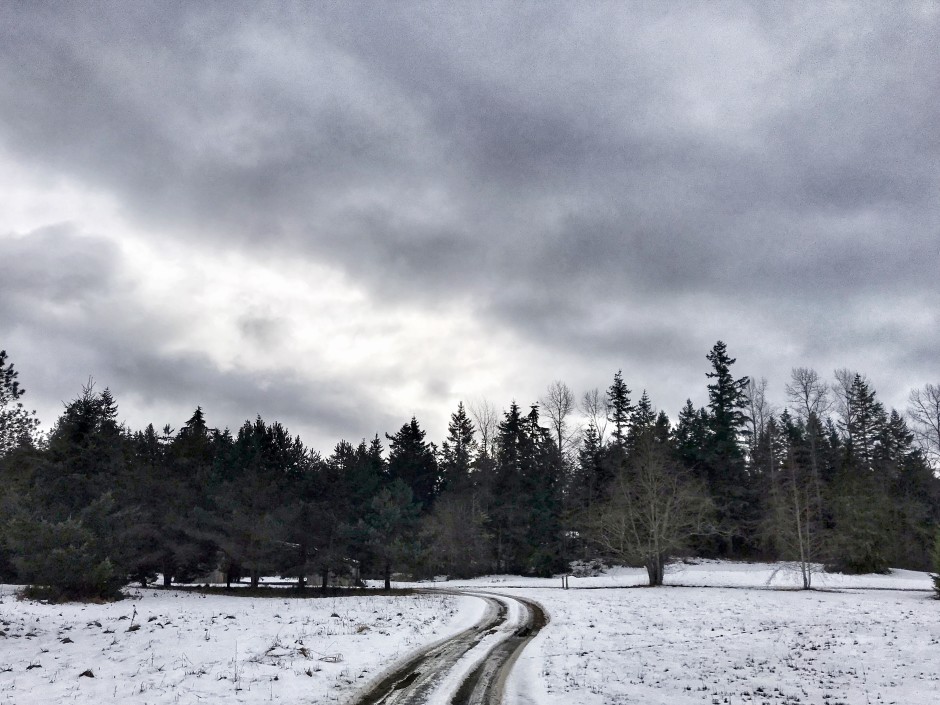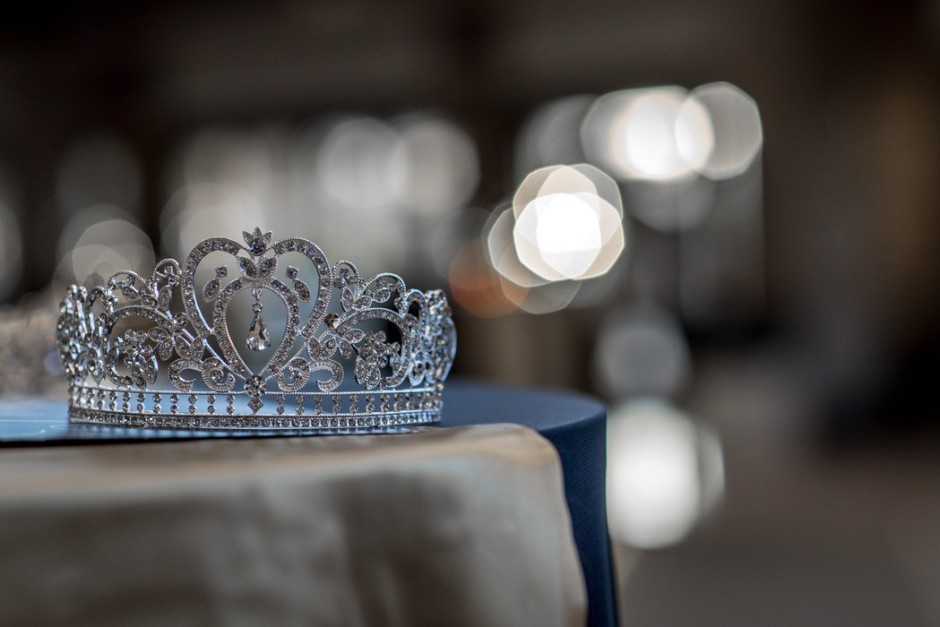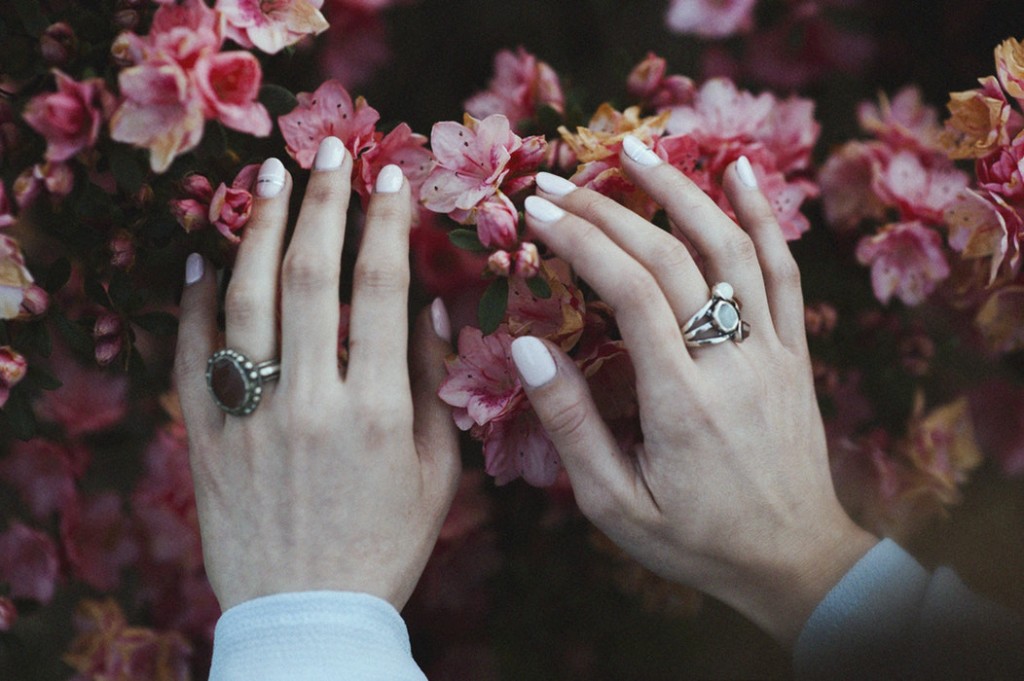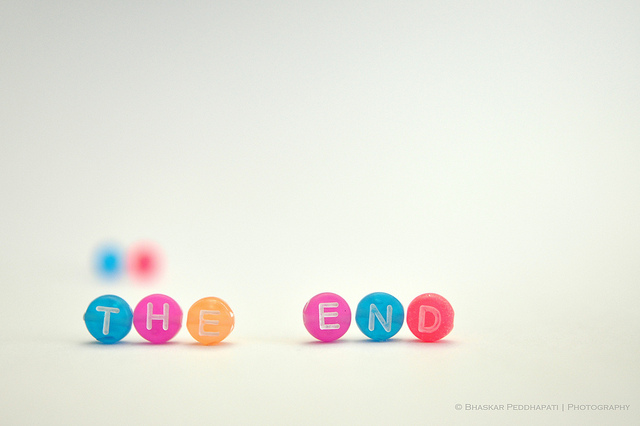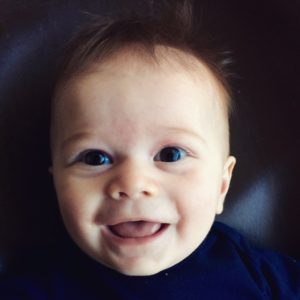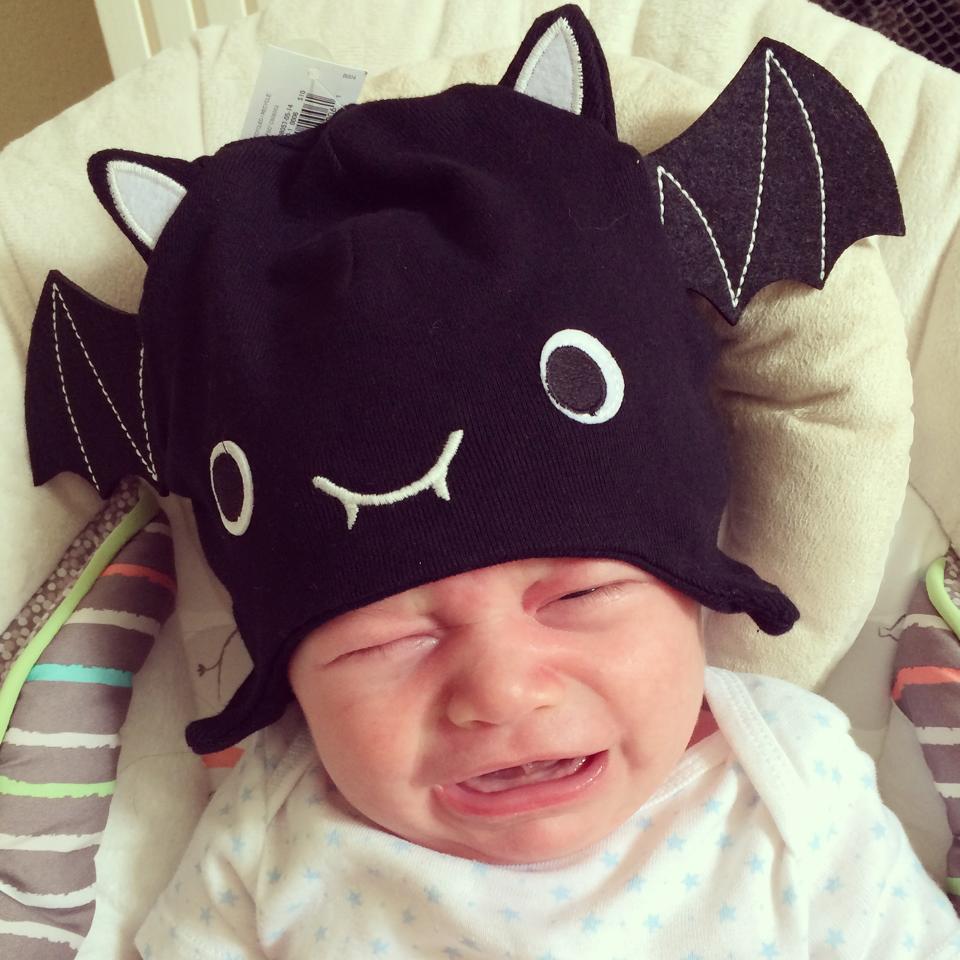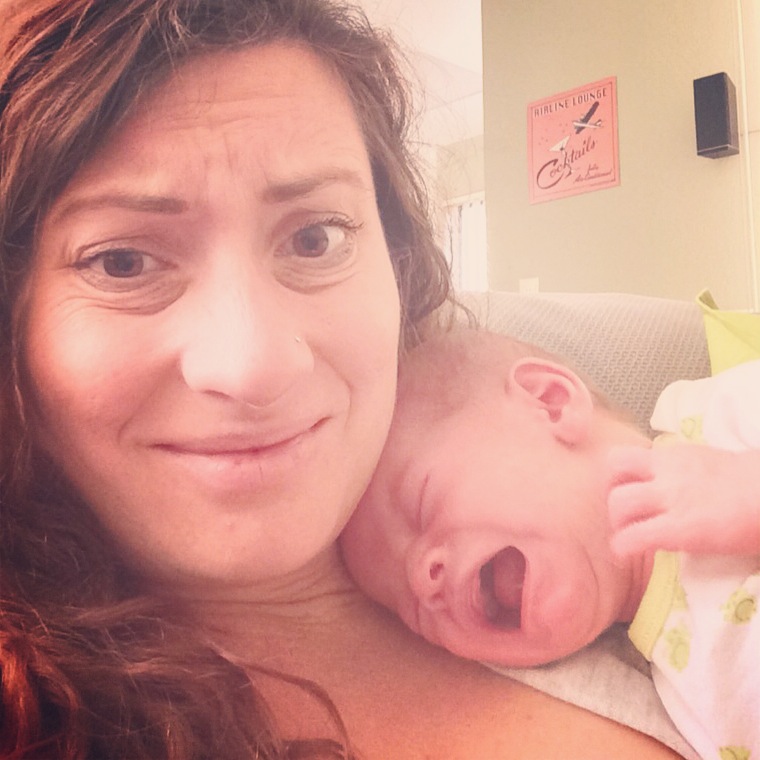The hammam I chose in Cappadocia was a random pick. I went with the one boasting the highest Google reviews, tucked away in the next town over. A taxi took me there, winding through the dusty, alien-like landscapes of the region. As we pulled up, I was excited about this quintessential Turkish experience.
But almost immediately, things started to feel … off.
A man greeted me and explained the various spa packages. I told him I just wanted a basic Turkish bath. Then this man hesitated and told me the therapist wasn’t available — he was in the hospital.
“Don’t worry,” he assured me. “We have another location just a couple of minutes away. I’ll take you.” My anxiety bristled. I voiced my concern, but he waved it off with a smile. “Trust me. It’s close.”
What would you do?
I don’t know why I agreed, but minutes later, we were in his truck, driving to the other spa. I paid up front, and the same man from the previous location discounted the price I had been quoted. He gave me a cup of tea and mentioned throwing in some complimentary treatments.
“No extras,” I insisted. “Just the bath.”
Inside the warmth of the hammam, my mind refused to settle. What was his angle? When the therapist moved on to the bonus treatments I’d explicitly declined—a body wrap and a face mask—my panic spiraled: Why the change of location? Is this a setup? Did he drug my tea?
By the time I finished and changed into my clothes, my suspicions were on high alert. And then came the clincher: the man offered to drive me back to my hotel. This is it, I thought. This is where the story turns dark.
In an unknown part of town, far from the taxi stands, I accepted the ride. I gripped my phone tightly, and turned on Google Maps to monitor every twist and turn. My anxiety ran wild: What if he takes a detour? What if he’s kidnapping me? When he slows down for a roundabout, should I jump out of the truck?
When we pulled up in front of my hotel, I braced myself for the shakedown. Instead, he pulled out his phone and opened Google Translate. My heart thudded as I waited for him to type. Finally, he handed it to me.
He had written: “You have such a high energy and always a smile on your face. You seem like a good person, and I am grateful for your visit. I only wish you the very best in life.”
So then I realized I’m an asshole.
I replayed the tape in my head and saw that at every turn, this man had shown kindness and hospitality. He discounted my fee, shared tea with me, ensured I got back safely, and even offered well-wishes. But I had been too busy scrutinizing every move to appreciate any of it.
Maybe it’s living in the U.S. that’s made me so wary of generosity. Or maybe the pandemic eroded my trust in people. Whatever the reason, I wasn’t always this cynical. I used to believe people are inherently good, and I want that part of me back.
What needs to change
I want to be clear: I’m not advocating for throwing caution to the wind or taking unnecessary risks. It’s important to stay aware, especially since I often travel solo.
But I also recognize that somewhere along the way, a switch flipped for me. A few years ago, I shifted from being open-hearted to more fear-based in how I see the world. And my hammam experience made me realize how much that can hold me back.
It’s not just about staying safe; it’s about how anxiety has started to shape my experiences. It keeps me from enjoying the moment, from connecting with people, from having those authentic exchanges that make travel so meaningful. And if I’m not doing that — if I’m just moving through the world with my guard permanently up, anticipating the worst-case scenario — what’s the point?
I want to find my way back to a more balanced perspective, one that lets me stay mindful of risks but doesn’t let fear take the driver’s seat. To meet the world with curiosity instead of suspicion. That’s the part of me I want to nurture again.
In the years to come, I want to meet life with a softer heart, to lean into kindness instead of questioning it. To welcome the unknown—not with suspicion, but with openness. Because sometimes, the world really is as warm as a cup of tea offered by a stranger.
